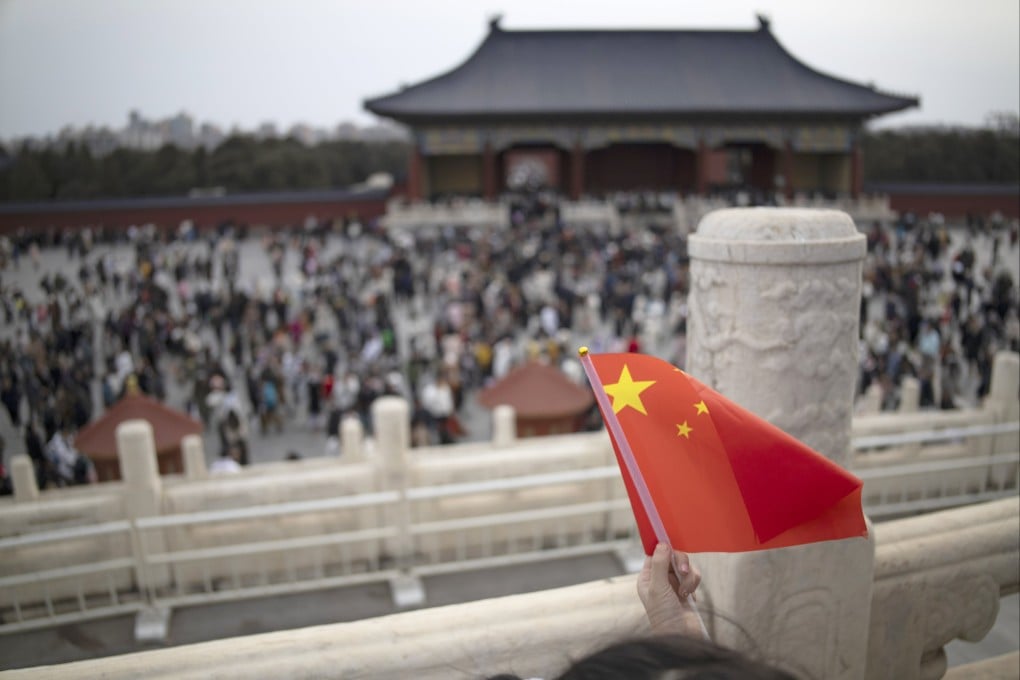My Take | The Chinese government must stop chipping away at Deng Xiaoping’s economic legacy
- While ‘reform’ is enshrined as a politically correct word, it has lost its original meaning, and is used to describe anything the authorities are trying to do
- The Chinese state has become more intrusive in economic activities in the past couple of years, and the damage to growth and confidence is already visible

China’s former paramount leader Deng Xiaoping died on February 19, 1997. The country’s mourning reached a peak a week later when a memorial service was held in Beijing. As a high school student watching the live broadcast on a tiny classroom television, I saw then Chinese president Jiang Zemin tearfully deliver Deng’s eulogy.
Twenty-seven years have passed since Deng’s death, but it seems that today there are different interpretations about his legacy. It is disappointing and worrying to see the true legacy of Deng being chipped away in recent years.
While “reform” is enshrined as a politically correct word, it seems to have lost its original meaning, to become a facade used to describe anything the central authorities are trying to do. Some of these so-called reforms are merely power sharing arrangements among different bureaucratic agencies, or even veiled attempts to enhance state controls.
At a time when China’s economic growth is losing its momentum, it is worth reminding people that the true meaning of Deng’s economic reforms were about privatisation and liberalisation. China has to follow that path to empower its own consumers and businesses so that the country can navigate through the “3D economic headwinds” – demographics, debt and decoupling.
The Chinese government hates the word privatisation and is always proud that it did not follow Russia’s shock therapy approach of selling state-owned assets. But China’s tolerance and support of the private sector is a more gradual and controllable form of privatisation, and the private economy now contributes the bulk of the country’s output, tax payments and jobs. The concept of private property rights is deeply ingrained among Chinese people.
In the Mao Zedong era, almost everything belonged to the state, and in extreme cases, having hens in your backyard could even be seen as inappropriate. The result was absolute poverty, and only when China began to recognise individuals’ rights and entitlement to wealth did the economy start to take-off. In rural areas, peasants abandoned collective farming after Deng and his reform lieutenants supported their desire to decide what they could grow. Deng also allowed private businesses to thrive and rolled out the red carpet for “capitalists” from Hong Kong and Taiwan.
China should have continued along the path where the idea of “public ownership” would gradually fade into an ideological backdrop. But Beijing has started to emphasise the role of state enterprises, promoting the idea that the state sector can look after the public interest better than profit-chasing private capitalists. Thus, “irrational” expansion of private capital must be curbed. If that’s the case, what was the point of dismantling China’s command economy in the first place?

